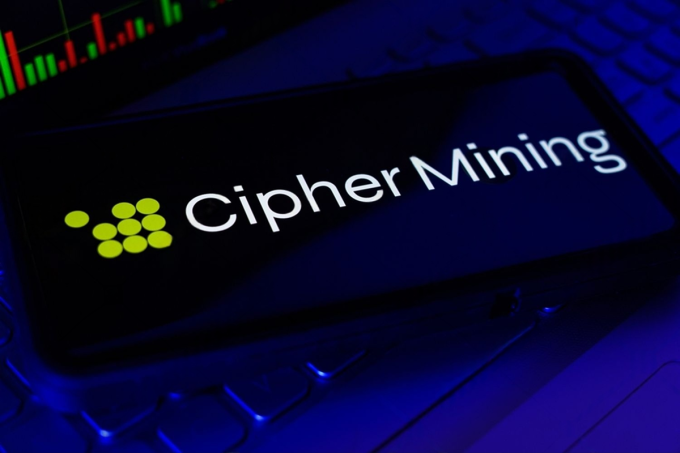ARK Invest, led by Cathie Wood, has restarted its accumulation of crypto-linked equities, acquiring approximately 169,407 shares of BitMine Immersion Technologies worth about US $5.83 million and 75,515 shares of Bullish valued near US $2.91 million, according to recent daily filings. These moves occur amid a backdrop of renewed institutional interest in digital-asset infrastructure and equity proxies for blockchain exposure.
Market Reaction
The share purchases came as both stocks were experiencing downturns: BitMine dropped roughly 6% to around US $34.40, and Bullish fell about 6.2% to US $38.48 on the day of the trades. ARK’s three ETFs—ARK Innovation (ARKK), ARK Next Generation Internet (ARKW), and ARK Fintech Innovation (ARKF)—participated: ARKK bought 116,681 BitMine shares, ARKW 34,637, and ARKF 18,089. On Bullish, ARKK acquired 52,011 shares, ARKW 15,441, and ARKF 8,063. The timing suggests ARK is “buying the dip,” potentially positioning for a rebound in crypto-linked equities even as broader digital-asset markets remain volatile.
Regulatory / Structural Implications
These purchases underscore a continued shift whereby investment managers are treating regulated equities tied to blockchain or crypto infrastructure as viable routes to exposure, especially when direct coin-holding faces regulatory and custodial complexity. BitMine, which holds significant ether (ETH) Treasury assets, illustrates the convergence of mining, treasury strategy and public markets. By selectively adding shares in Bullish and BitMine, ARK signals confidence not only in underlying crypto assets but also in the firms’ capacity to scale operations and monetise exposure. For institutional investors in Israel and globally, the move may highlight how high-growth blockchain equity proxies increasingly serve as crypto infrastructure plays in regulated portfolios.
Investor Sentiment & Strategic Perspective
From a behavioural standpoint, ARK’s incremental accumulation aligns with the notion that sophisticated investors may shift into crypto-adjacent equities as a hedge when spot coin markets face headwinds. The move also reflects a strategic tilt: rather than solely owning crypto tokens, firms claim exposure via publicly traded entities that promise growth and regulatory transparency. Furthermore, the timing during a sector downturn suggests contrarian positioning. For Israeli institutional allocators or global crypto-hedge funds, the transaction may signal renewed institutional appetite for crypto infrastructure companies, despite recent headwinds in digital-asset markets.
Looking ahead, what matters is whether the underlying firms deliver operational performance—such as BitMine’s Ethereum treasury growth or Bullish’s expansion of its exchange and institutional platform—and how regulatory developments in key jurisdictions (U.S., EU, Israel) influence investor access. Risks remain high: crypto-equity proxies still face correlation with token markets, regulatory tightening, and valuation resets. On the opportunity side, a successful play into scalable crypto infrastructure could yield differentiated returns if digital-asset adoption broadens. Institutional investors should closely monitor ARK’s next filings and tracking of crypto-linked equity flows as a potential barometer of market direction.
Comparison, examination, and analysis between investment houses
Leave your details, and an expert from our team will get back to you as soon as possible













Leave a comment